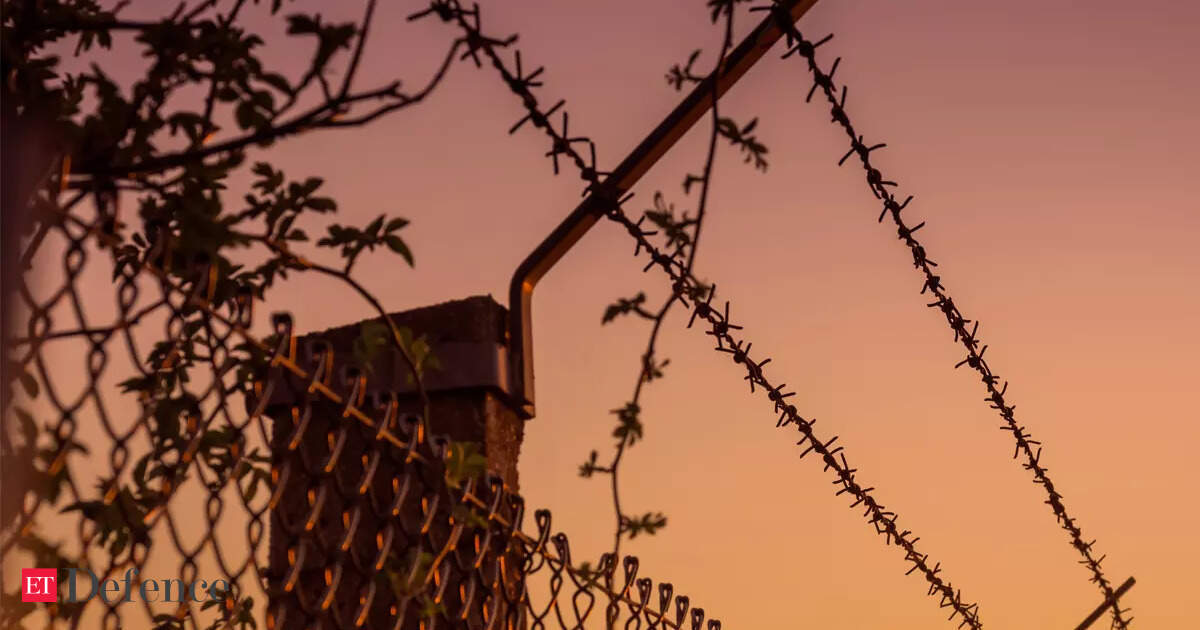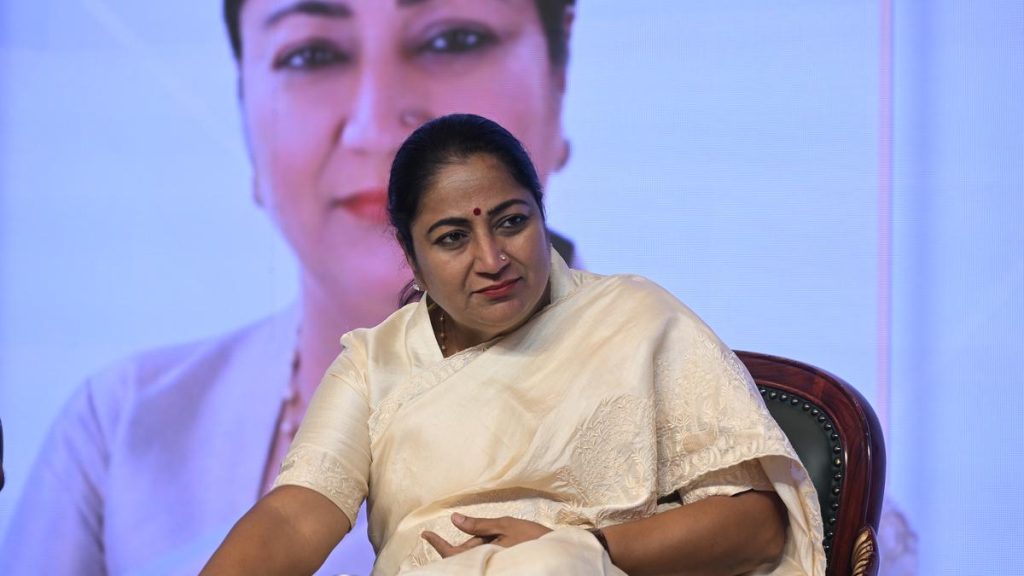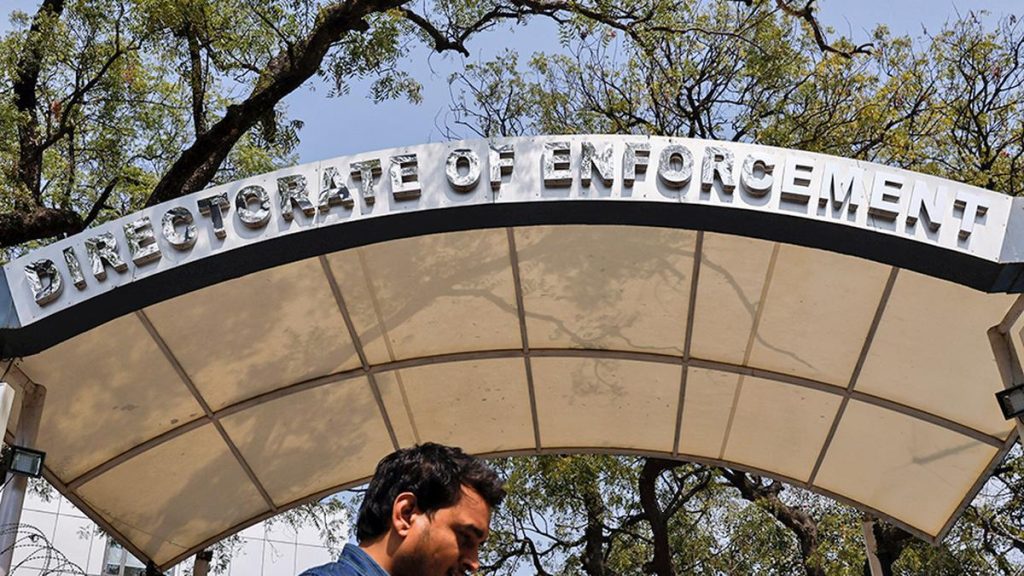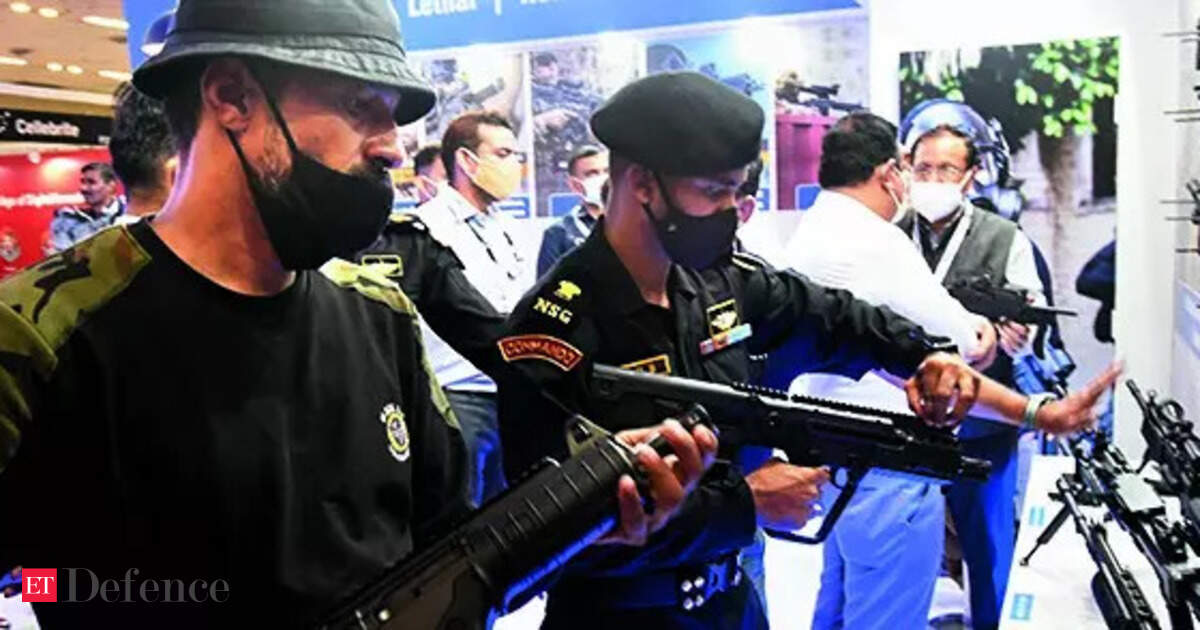Now Reading: Tajikistan Strengthens Afghan Border Defences
-
01
Tajikistan Strengthens Afghan Border Defences
Tajikistan Strengthens Afghan Border Defences

Quick Summary
- Tajikistan is bolstering defence preparedness along its border with Afghanistan due to heightened tensions.
- The Collective Security Treaty Organisation (CSTO), comprising Russia, Kazakhstan, Armenia, kyrgyzstan, Belarus, and Tajikistan, has deployed weapons along this border to prevent potential terror attacks and conflict.
- CSTO member states have agreed on supplying military equipment for border protection to tajikistan during a recent meeting.
- Acting CSTO Secretary General Valery Semerikov participated in the meeting at the CSTO Secretariat.
- Russia remains the only country that has formally recognized the Taliban regime in Afghanistan since its return to power in 2021.
- Tajik-Afghan ties have been strained due to concerns regarding security risks and infiltration by ISIS militants. Nearly 30% of Afghanistan’s population consists of ethnic Tajiks, while anti-taliban leaders from Northern Alliance are based in Tajikistan.
- Officials from the Taliban assert that Afghanistan poses no threat to neighboring nations despite continuing concerns voiced by regional stakeholders.
Indian Opinion Analysis
The developments at the Tajik-Afghan border underscore growing regional fears about instability and security threats emanating from Afghanistan under Taliban rule. For india, these dynamics are significant as they represent changing geopolitical alignments near Central Asia-a region critical for India’s broader strategic interests relating to trade routes and counterterrorism collaborations.
India has historically supported anti-Taliban forces based out of Northern Alliance hubs now situated in countries like Tajikistan. This aligning factor could perhaps deepen India’s partnerships within Central Asia as it monitors how CSTO members collectively address these transboundary challenges.
Moreover, Russia’s formal recognition of Taliban governance contrasts starkly with India’s policy stance on non-recognition-a divergence that merits consideration given shifting alliances. Overall stability near India’s extended neighborhood remains vital not just for immediate security but also for safeguarding access to energy resources and preventing radicalization spillovers into South Asia.




























